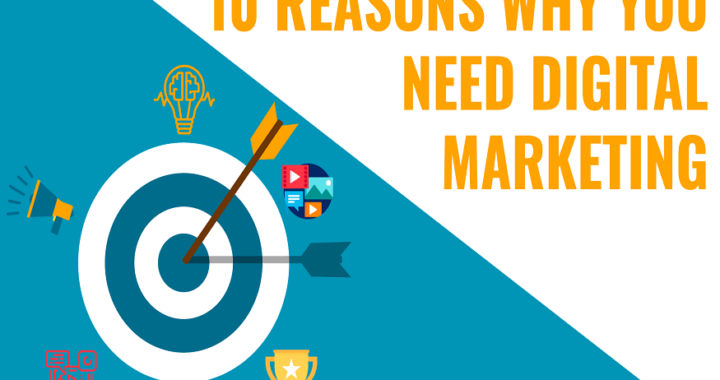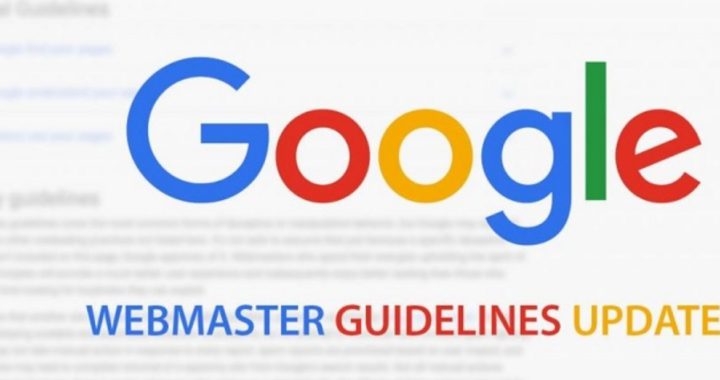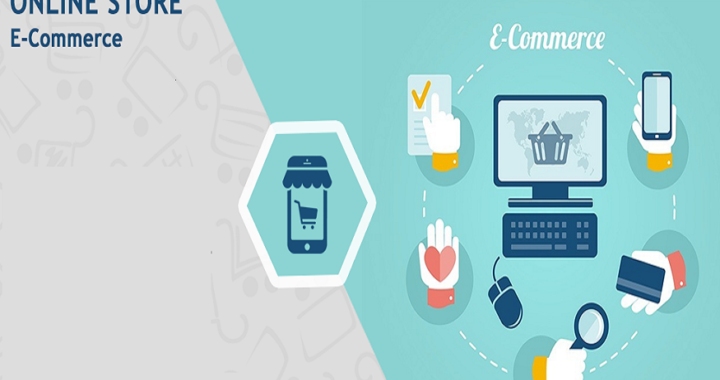The best SEO Off Page strategy for 2020

These are all the off page strategies that we have found on SEO Debate. We have conducted a huge SEO Community Debate with Off-page experts and we’ve found the following approaches.
Create a brand with authority
Google has already stated on more than one occasion like here, that it likes brands and that it trusts them because over time it has been verified that they offer truthful information.
It is not “wise” nor do I think you have to do a master in SEO to understand that search engines “do not trust” new websites for a while.
Credibility gives security
If as a personal brand or business brand you do not generate credibility, you will hardly be able to position yourself on the Internet.
If we take into account that website visitors have an average of 10 to 20 sec . To decide whether to stay or leave, this is the time you have to offer – credibility.
“The success of your website will depend on your credibility”
If you want to attract visitors to your website, you will have to work to build trust and credibility.
Creating a brand is one of the best SEO Off Page tactics that can be used today if our goal is to get large amounts of traffic from search engines.
We already know that Google can especially spread all kinds of false information, (remember the controversy that has been with the Donald Trump elections ), and Google knows all this.
Mission 1 of search engines is to guarantee results that are appropriate to the user’s search intention and that the information they offer is as reliable as possible.
And this is why google trusts the big brands, the media, etc.
Here we are not going to discuss if all the information released by the media is more or less reliable, what we are going to check is how if we create a brand of authority Google will position us better.
Websites of authority or human authority
For major search engines, it is simple, some pages are considered more reliable than others.
If those authority pages link to other pages, then the pages they receive earn a reputation in the Google and Bing ranking systems .
Why SEO should focus on building a brand
A few years ago, two of the great representatives of google declared that “brands” are the ones that dominate organic results.
For a long time I have been checking how influencers and marketing experts “push us” to create a personal brand as a possible solution or alternative to finding a job for others.
In the USA, the topic of finding work for someone else is not very encouraging, and if you know how to “do something” fairly well, it is possible that creating a personal brand will have work.
However, the question is: Is it better to create a personal brand or just a brand?
I recently read an article discussing whether it was better to create a personal brand or to simply create a brand. And after reading various points of view, I think creating a personal brand with your name is a mistake.
From a business point of view, an online personal brand with the name ” t allerpepe.com ” will not be worth much money in the future and it will be difficult to sell it.
However, if you create a brand like ” mitaller.com ” and position it as a brand on the Internet, it will have much more value in the future and it will be easier to sell it.
It is only a personal vision, but maybe it will help you to see the pros and cons of creating a brand , before you get down to work (if you have not already done so, of course).
In case you are determined to create it, you have to know the necessary requirements to create a personal brand .
A bit of search engine SEO analogy
- Big brands dominate most organic results.
- They get better rankings with fewer links.
- They have preferential treatment.
- The new featured snippets are theirs.
- Featured in featured news
Confidence is one of the most important factors in making a purchase decision . And it’s no different when it comes to organic search results.
As a general rule, we click on the results that we know and trust.
And it all comes down to – one brand. OK, so what happens to the “little marks”?
How can I position my “small brand” in google, this is a good question that you should ask yourself if this is your case.
For any type of search query, there are generally a large number of pages that are potentially capable of satisfying that query.
Users expect a search engine to take on the role of expert librarian and do the filter work for them, and direct them directly to the best results for that query.
Here are some good ideas:
- Build links from authoritative sites that help signal to google that you are a trusted brand.
- To become a benchmark in the sector, you can start by being locally first.
- Having a great presence on social networks or forums also helps.
- Build relationships with industry influencers.
- Get social media influencers to mention you. (see below)
- Collect brand mentions and testimonials on the website.
- Use social networks to build brand reputation.
- Use expert platforms to create relevance and brand authority.
On this last point, say that google prefers comments about a brand or web within the site itself, rather than on third-party sites, such as facebook, twitter, etc.
This is another classification sign that many forget that it exists
Great SEO experts are very concerned that users leave comments on their posts, there will be a reason …
Analyzing Twitter
On Twitter, for both Google and Bing, ” who you are ” as a person or brand on this social network can affect the performance of a page in normal search results.
People with authority on Twitter lend their authority to the pages they post.
I have found an interview with senior members of these two search engines on the relationship between social signals and organic ranking, and this is a summary of what they have commented:
#one. If an article is retweeted or referenced on Twitter, do you think of it as a signal outside of the search for unfollowed links that may come naturally?
Bing:
We look at the social authority of a user. We look at how many people it follows, how many people it follows and this can add a little weight to a listing in the usual search results. It has much more weight in Bing Social Search, where tweets from the most authoritative people will flow to the top when the best match relevance is used.
Google:
Yes, we use it as a signal. We also use it to improve our universal news by marking how many people shared an article
#2. Do you calculate if a link should have more weight depending on the person who tweeted it?
Bing:
“Yes”.
Google:
“Yes, we use this as a signal, especially in the “Top Links” section [of Google Realtime Search]. Author authority is independent of PageRank, but is currently only used in limited situations in normal web search.”
#3. Do they track links shared within Facebook, either through personal profiles or fan pages?
Bing:
“Yes. We look at the shared links that are marked as “Everyone” and the shared links from Facebook fan pages.”
There are certain similar perspectives that are mentioned in the atiya niaz blog page.
Google:
“We treat links shared on Facebook fan pages in the same way that we treat tweeted links. We do not have personal Facebook profile data.”
This is a summary of the interview, but we can already get relevant information:
- Both Google and Bing use twitter to learn more about the authority of a person or brand.
- Facebook has “caped” to enter google and bing bots, especially personal profiles.
- The news is not classified according to the number of shares or likes, but the authority of the person or brand that gives them.
- Search engines may use some form of PageRank for social media.
Everything indicates that retweets serve as a new form of link building.
Maybe for this reason a good brand building strategy is to have your page mentioned in tweets by people in authority, and that can help improve your ranking in search results, to some extent.

 How Meta will change future of Digital Marketing?
How Meta will change future of Digital Marketing?  What is digital marketing?
What is digital marketing?  5 Tips for Selecting the Right Marketing Agency
5 Tips for Selecting the Right Marketing Agency  10 Reasons Digital Marketing Can Transform Your Business
10 Reasons Digital Marketing Can Transform Your Business  Google Guidelines That You Must Take Into Account To Get The Links
Google Guidelines That You Must Take Into Account To Get The Links  eCommerce Store? Don’t Skip These Fundamentals of Website Design
eCommerce Store? Don’t Skip These Fundamentals of Website Design  How a Healthy Living App Fits Modern Life
How a Healthy Living App Fits Modern Life  Reasons To Improve Call Connect Rate
Reasons To Improve Call Connect Rate  Motor Coach Service for Corporate Retreats: A Smart and Comfortable Choice
Motor Coach Service for Corporate Retreats: A Smart and Comfortable Choice  Importance of F & I Training Solutions
Importance of F & I Training Solutions